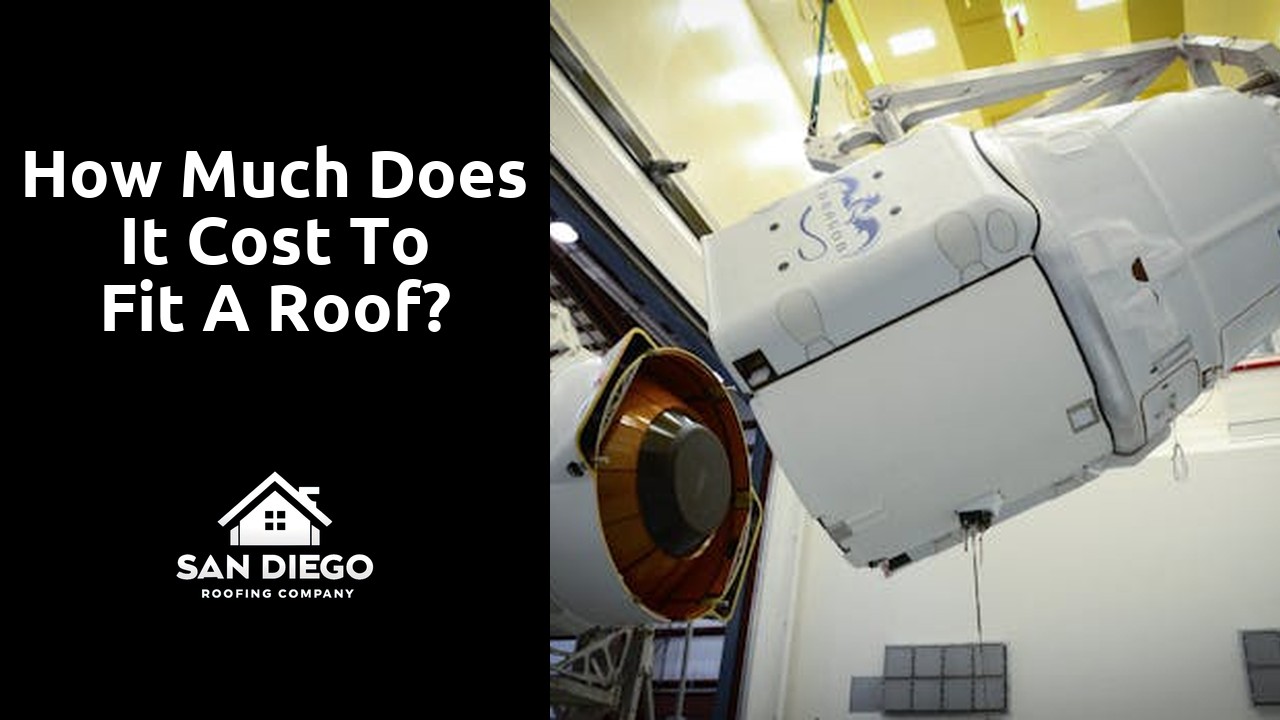Table Of Contents
Seasonal Considerations
Weather plays a significant role in the cost of fitting a roof. During the winter season, roofing projects might take longer to complete due to snow and ice, thus increasing labor costs. Additionally, extreme temperatures can affect the materials used, potentially leading to higher expenses for specific roof types.
On the other hand, warmer seasons like spring and summer can be more ideal for roofing projects as the weather conditions allow for faster installation. However, it is essential to consider that these seasons are peak times for roofers, which might result in higher demand and consequently higher prices for services. Thus, understanding the seasonal impact on roofing costs can help homeowners plan and budget effectively for their roofing projects.
Impact of Season on Roofing Costs
The season in which you choose to have a new roof installed can significantly affect the overall cost of the project. During peak seasons, such as spring and summer, when demand is high, roofing companies may charge higher prices due to increased workload and limited availability. This surge in demand can lead to contractors being selective with the projects they take on and potentially charging premium prices for their services.
Conversely, opting for roof installation during the off-peak seasons, like fall or winter, can sometimes result in cost savings. During slower periods, roofing companies may offer discounts or promotions to attract customers and keep their teams busy. Additionally, the decreased demand during these seasons may allow for more flexibility in scheduling and potentially lower labor costs, ultimately influencing the total expense of fitting a new roof.
Permits and Regulations
When embarking on a roofing project, it is crucial to consider the various permits and regulations that may apply. Local building codes and regulations often dictate the specifications that must be followed during the installation or replacement of a roof. Failure to comply with these regulations can result in fines, delays, or even having to redo the work. Therefore, it is essential to familiarize yourself with the specific requirements in your area and ensure that all necessary permits are obtained before starting the project.
In addition to permits, there may be legal requirements and fees associated with roofing projects. These can include fees for building permits, inspections, and zoning approvals. It is important to factor these costs into your budget when planning for a roof fitting project. By understanding and adhering to the permits and regulations, you can ensure a smooth and hassle-free roofing process while avoiding any potential setbacks.
Legal Requirements and Fees
Legal requirements and fees are an important consideration when planning to fit a new roof. While the cost of the materials and labor is a significant part of the overall expenses, permits and regulations can also impact the budget. Before starting any roofing project, it is crucial to research the local laws and regulations regarding construction and roofing. There are often specific requirements that must be met, and failure to adhere to these regulations can result in fines or legal consequences.
In addition to the legal aspects, obtaining permits for roofing work comes with fees that need to be factored into the overall cost. These permit fees vary depending on the location and the scope of the project. It is essential to budget for permit costs and ensure that all necessary permits are obtained before work begins to avoid any delays or additional expenses. Properly understanding and accounting for these legal requirements and associated fees is key to ensuring a smooth and successful roofing project.
Roofing Warranty
When it comes to roofing projects, having a solid warranty in place is crucial. A roofing warranty provides you with a sense of security and assurance that the work completed meets certain standards and will be covered in case of any issues. Before hiring a roofing contractor, it’s important to inquire about the warranty options they offer and carefully review the terms and conditions.
Roofing warranties typically cover materials, workmanship, and sometimes even the roof’s performance over a specified period. It’s essential to understand what is included in the warranty, such as the length of coverage, what types of damages are covered, and any exclusions that may apply. Additionally, some warranties may also offer extended coverage for an additional cost, providing you with added protection and peace of mind for your investment.
Coverage and Cost Inclusions
When considering the cost of fitting a roof, it is crucial to understand what is covered by the roofing warranty. A comprehensive warranty typically includes coverage for materials, workmanship, and sometimes even accidental damages. It is important to carefully review the terms of the warranty to ensure that you are aware of any limitations or exclusions that may impact the cost of repairs or replacements in the future.
Additionally, labor costs are a significant factor to consider when estimating the total cost of fitting a roof. Some roofing companies may include labor costs in their initial quote, while others may charge for labor separately. Understanding how labor costs are factored into the overall cost of the project can help you budget effectively and avoid any unexpected expenses down the line.
FAQS
What factors can affect the cost of fitting a roof?
The cost of fitting a roof can be influenced by various factors such as the size of the roof, materials used, roof pitch, accessibility, and any additional features like skylights or chimneys.
Do roofing costs vary depending on the season?
Yes, roofing costs can fluctuate based on the season. For example, roofing projects may be more expensive during peak seasons when demand is high, or lower during off-peak times.
Are there any legal requirements or permits needed for fitting a roof?
Yes, in most cases, you will need to obtain permits and adhere to local regulations when fitting a roof. Failure to do so can result in fines or delays in the project.
What does a roofing warranty typically cover?
A roofing warranty usually covers defects in materials or workmanship for a specified period. It’s important to review the warranty terms carefully to understand what is included and excluded from the coverage.
How can I determine the total cost of fitting a roof?
To determine the total cost of fitting a roof, you should consider factors like materials, labor, permits, warranties, and any additional services. It’s recommended to get multiple quotes from reputable roofing contractors to compare costs.

